Fuzzy Logic: Theory & Applications
Original price was: ₹11,194.00.₹8,955.20Current price is: ₹8,955.20.
ISBN: 9781680956733
Author/Editor: Aldon Cris B Galido
Publisher: Delve Publishing
Year: 2017
1 in stock (can be backordered)
Description
Fuzzy logic is an approach to computing based on “degrees of truth” rather than the usual “true or false” (1 or 0) Boolean logic on which the modern computer is based. The idea of fuzzy logic was first advanced by Dr. Lotfi Zadeh of the University of California at Berkeley in the 1960s. Dr. Zadeh was working on the problem of computer understanding of natural language. Natural language (like most other activities in life and indeed the universe) is not easily translated into the absolute terms of 0 and 1. (Whether everything is ultimately describable in binary terms is a philosophical question worth pursuing, but in practice much data we might want to feed a computer is in some state in between and so, frequently, are the results of computing.) It may help to see fuzzy logic as the way reasoning really works and binary or Boolean logic is simply a special case of it. Fuzzy logic starts with and builds on a set of user-supplied human language rules. The fuzzy systems convert these rules to their mathematical equivalents. This simplifies the job of the system designer and the computer, and results in much more accurate representations of the way systems behave in the real world. Additional benefits of fuzzy logic include its simplicity and its flexibility. Fuzzy logic can handle problems with imprecise and incomplete data, and it can model nonlinear functions of arbitrary complexity. You can create a fuzzy system to match any set of input-output data. The Fuzzy Logic Toolbox makes this particularly easy by supplying adaptive techniques such as adaptive neuro-fuzzy inference systems (ANFIS) and fuzzy subtractive clustering. Fuzzy logic models, called fuzzy inference systems, consist of a number of conditional “if-then” rules. For the designer who understands the system, these rules are easy to write, and as many rules as necessary can be supplied to describe the system adequately (although typically only a moderate number of rules are needed). In fuzzy logic, unlike standard conditional logic, the truth of any statement is a matter of degree. (How cold is it? How high should we set the heat?) We are familiar with inference rules of the form p -> q (p implies q). With fuzzy logic, it’s possible to say (.5* p ) -> (.5 * q). For example, for the rule if (weather is cold) then (heat is on), both variables, cold and on, map to ranges of values. Fuzzy inference systems rely on membership functions to explain to the computer how to calculate the correct value between 0 and 1. The most tangible applications of fuzzy logic control have appeared commercial appliances. Specifically, but not limited to heating ventilation and air conditioning (HVAC) systems. These systems use fuzzy logic thermostats to control the heating and cooling, this saves energy by making the system more efficient.
Product Properties
| Year of Publication | 2017 |
|---|---|
| Table of Contents | n/a |
| Author | Aldon Cris B Galido |
| ISBN/ISSN | 9781680956733 |
| Binding | Hardback |
| Edition | 1 |
| Publisher | Delve Publishing |
You must be logged in to post a review.

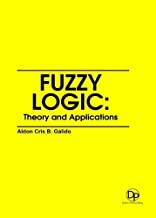
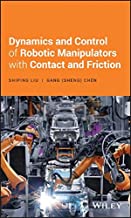
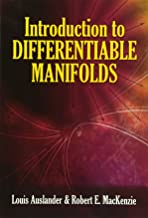
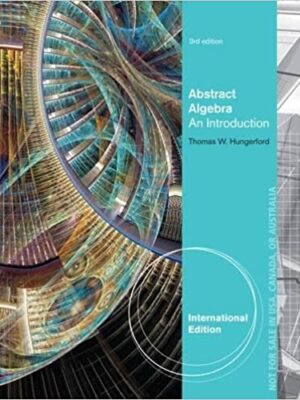
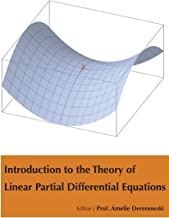
Reviews
There are no reviews yet.